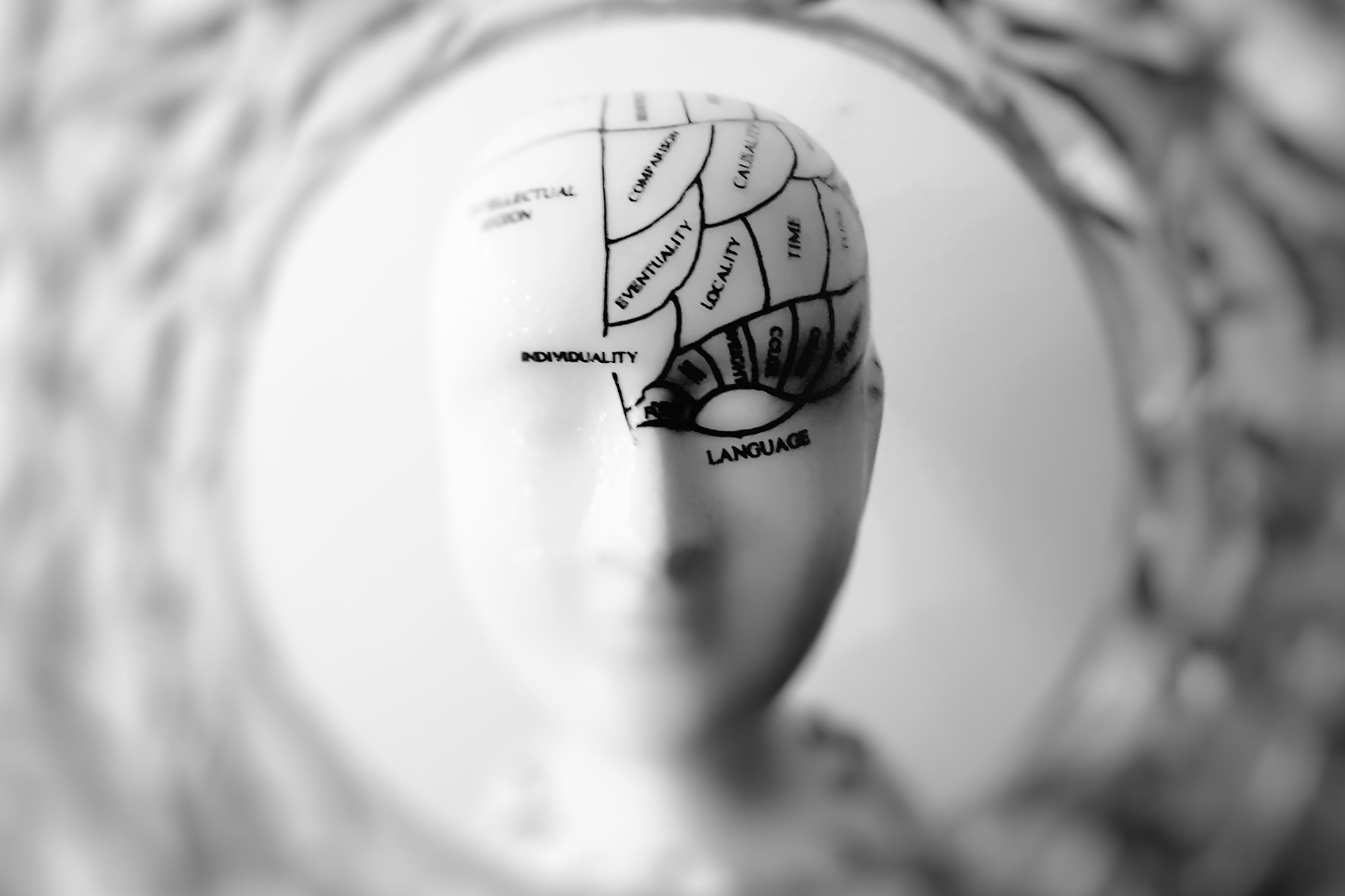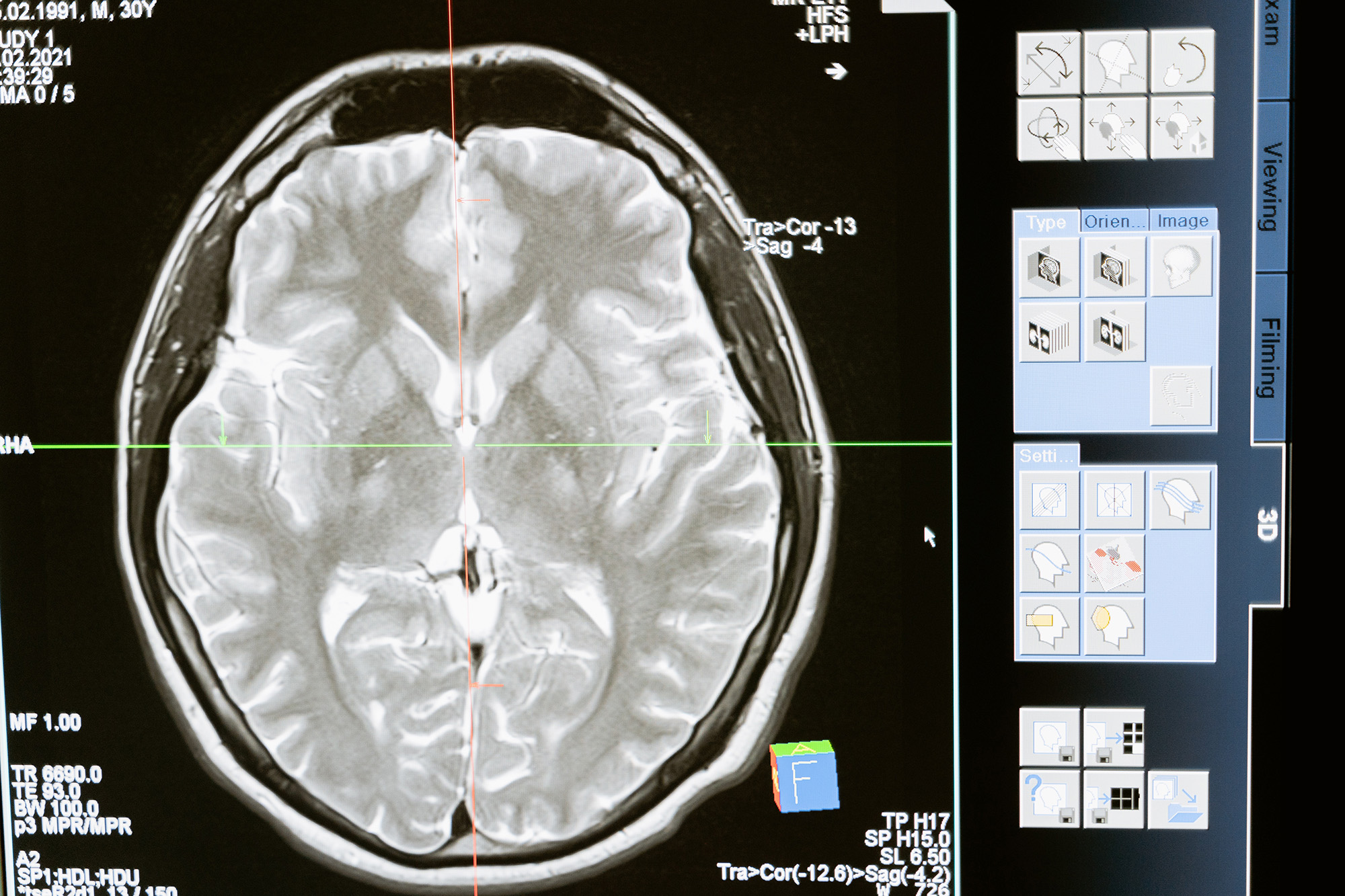Traumatic brain injury (TBI) is a severe medical condition that affects millions of people worldwide. It occurs when an external force causes damage to the brain, leading to a range of physical, cognitive, and emotional impairments.
Introduction
A stroke is a life-altering event that can leave individuals with physical, cognitive, and emotional challenges. As a caregiver, it is crucial to provide the necessary support to help stroke survivors regain their independence and improve their quality of life. In this blog post, we will discuss key aspects of providing care for someone following a stroke, including physical assistance, emotional support, and rehabilitation strategies.
- Physical Assistance
Following a stroke, individuals often experience weakness or paralysis on one side of their body, making daily activities challenging. As a caregiver, it is important to assist with tasks such as bathing, dressing, and grooming. Here are some practical tips:
- a) Mobility aids: Consider using assistive devices like canes, walkers, or wheelchairs to aid in the person’s mobility and ensure their safety.
- b) Home modifications: Make necessary changes in the living environment to accommodate their needs. Install grab bars in the bathroom, remove tripping hazards, and ensure easy access to essential items.
- c) Transfers and positioning: Learn proper techniques for transferring the person from one surface to another, such as from a bed to a wheelchair. Use pillows and cushions to support their body and prevent pressure sores.
- Emotional Support
Stroke survivors often experience a range of emotions, including frustration, sadness, and anxiety. As a caregiver, your role is not only to provide physical assistance but also to offer emotional support. Consider the following:
- a) Active listening: Allow the person to express their feelings and concerns without judgement. Validate their emotions and provide reassurance.
- b) Encouragement and motivation: Help the person set realistic goals and celebrate their achievements, no matter how small. Encourage them to participate in activities they enjoy and provide positive reinforcement.
- c) Seek support: Connect with support groups or professional counsellors who specialise in stroke recovery. They can provide valuable guidance and help the person cope with their emotional challenges.
- Rehabilitation Strategies:
Rehabilitation plays a crucial role in stroke recovery. As a caregiver, you can actively support the person’s rehabilitation journey:
- a) Physiotherapy: Encourage the person to engage in regular physiotherapy sessions to improve muscle strength, coordination, and balance. Assist them in performing recommended exercises at home.
- b) Speech and language therapy: If the stroke has affected the person’s ability to speak or communicate effectively, seek help from a speech and language therapist. Assist with practising exercises and encourage consistent practice.
- c) Cognitive exercises: Engage the person in activities that stimulate their cognitive abilities, such as puzzles, memory games, or reading. This can help improve memory, attention, and problem-solving skills.
Conclusion
Providing care for someone following a stroke requires a combination of physical assistance, emotional support, and rehabilitation strategies. As a caregiver, your role is invaluable in helping stroke survivors regain their independence and live fulfilling lives. By implementing the tips discussed in this blog post, you can make a significant difference in their recovery journey. For more information on how Sonderwell can provide support for you and your loved ones affected by a stroke, please get in touch.



